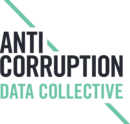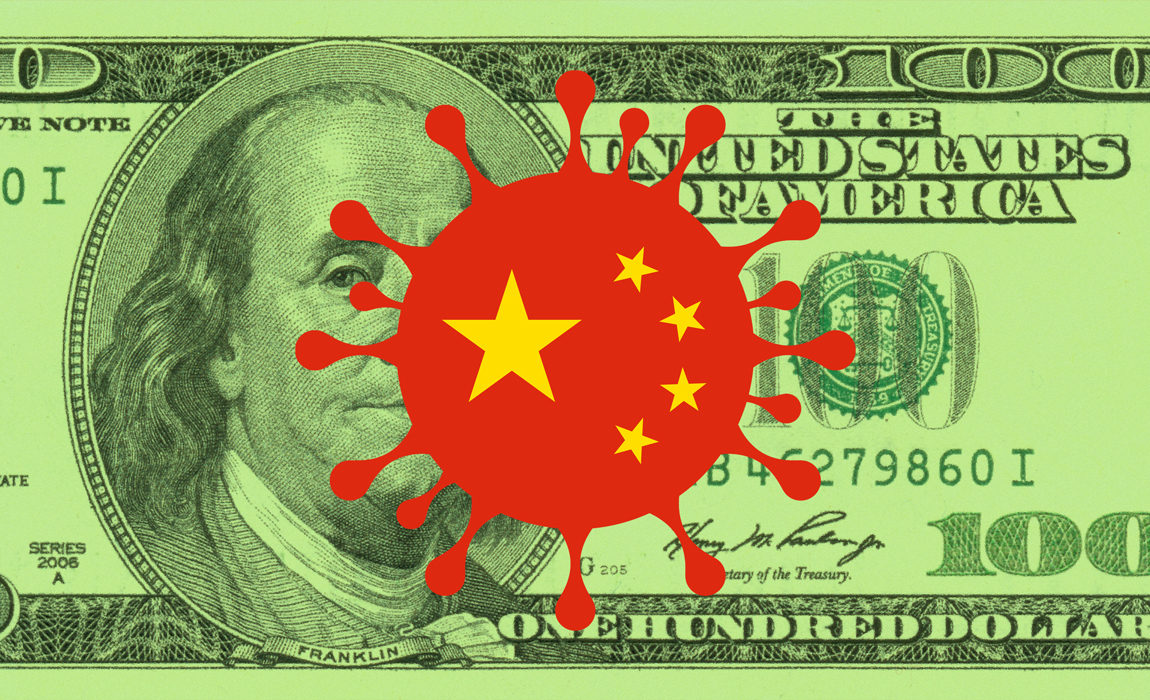Private Investment Funds
Money laundering risks in private investment funds
Trillions of dollars are invested worldwide in private investment funds (PIFs), which include hedge funds, private equity, venture capital and other pooled vehicles. Yet in most countries, and in the US in particular, these funds are subject to even weaker anti-money laundering (AML) checks than other types of legal entities, including shell companies.
Private investment funds in the United States account for the majority of the sector globally with gross assets of approximately $21 trillion. In June 2020, the FBI reported “with high confidence” that these financial vehicles are being used by bad actors to circumvent the US regulatory system to commit fraud, money-laundering, and sanctions-evasion. According to the FBI’s own assessment, “criminally complicit investment fund managers likely will expand their money laundering operations as private placement opportunities increase.”
In 2024, the U.S. Treasury Department’s Financial Crime Enforcement Network (FinCEN) revived stalled efforts to apply AML requirements to certain categories of U.S. investment advisors. This time, the agency’s proposals must be finalized and implemented. ACDC calculates that there are almost 5000 U.S. private investment funds under concentrated and unknown foreign control, opening the door for corruption, money laundering and national security risks.



Recommendations for US policymakers
- Finalize and implement the 2024 FinCEN rule requiring Registered Investment Advisors and Exempt Reporting Advisors to to establish effective AML programs.
- Expand the scope of the proposal to include managers of family offices and of certain real estate-focused funds.
- Require Investment Advisors to report beneficial owners behind investments as well as the investment positions held by their funds.
- Strengthen FinCEN capacity and resources for supervising implementation of the Bank Secrecy Act, allowing jointly scoped or executed PIF exams by FinCEN and the SEC.
- Work across agencies to continue addressing national security and corruption risks associated with foreign controlled private investment funds managed by U.S. investment advisors.
Recommendations for EU Policymakers
Following our report In the Dark: Who is Behind Luxembourg’s 4.5 Trillion-euro Investment Fund Industry? with Transparency International, ACDC supports calls for Luxembourg to close loopholes that continue to enable corruption and money laundering. These include:
- Ensuring that all beneficiaries of investment funds, the real natural person who are the end-investors, are accurately identified, disclosed and recorded in the RBO.
- Conducting an assessment of the data registered to determine if legal entities are complying with the rules. Cases of non-compliance and / or false information should be sanctioned in a timely manner.
- Adopting a mechanism to verify and validate the information provided by legal entities. This can be done, for example, by cross-checking information in the register against other government databases or by making use of advanced analytics. The parameters for verification should be well specified and in accordance with security and confidentiality provisions.
Moreover, we call on the European Union to strengthen the current beneficial ownership of the Anti-Money Laundering Directive by:
- Ensuring member states adequately define beneficial owners according to the nature and risks posed by a legal vehicle.
- Mandating member states independently verify the information recorded in their beneficial ownership registers.
Members working on this problem







